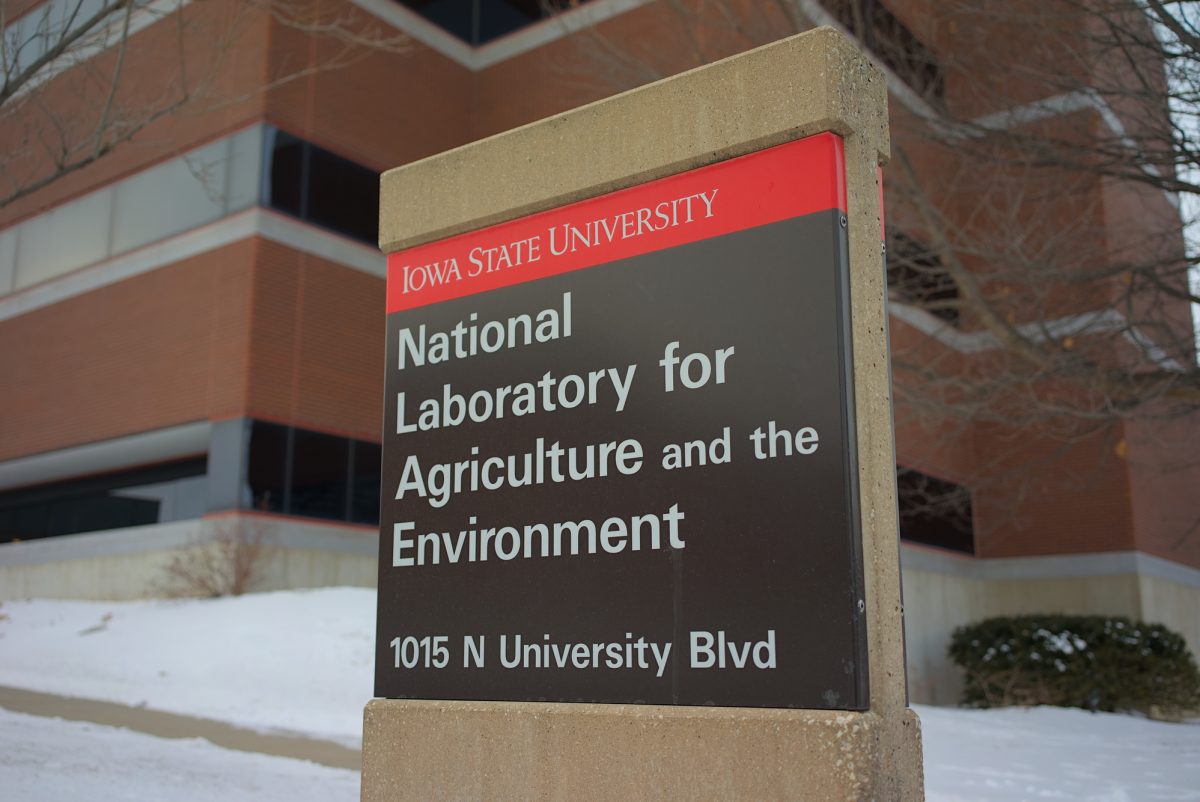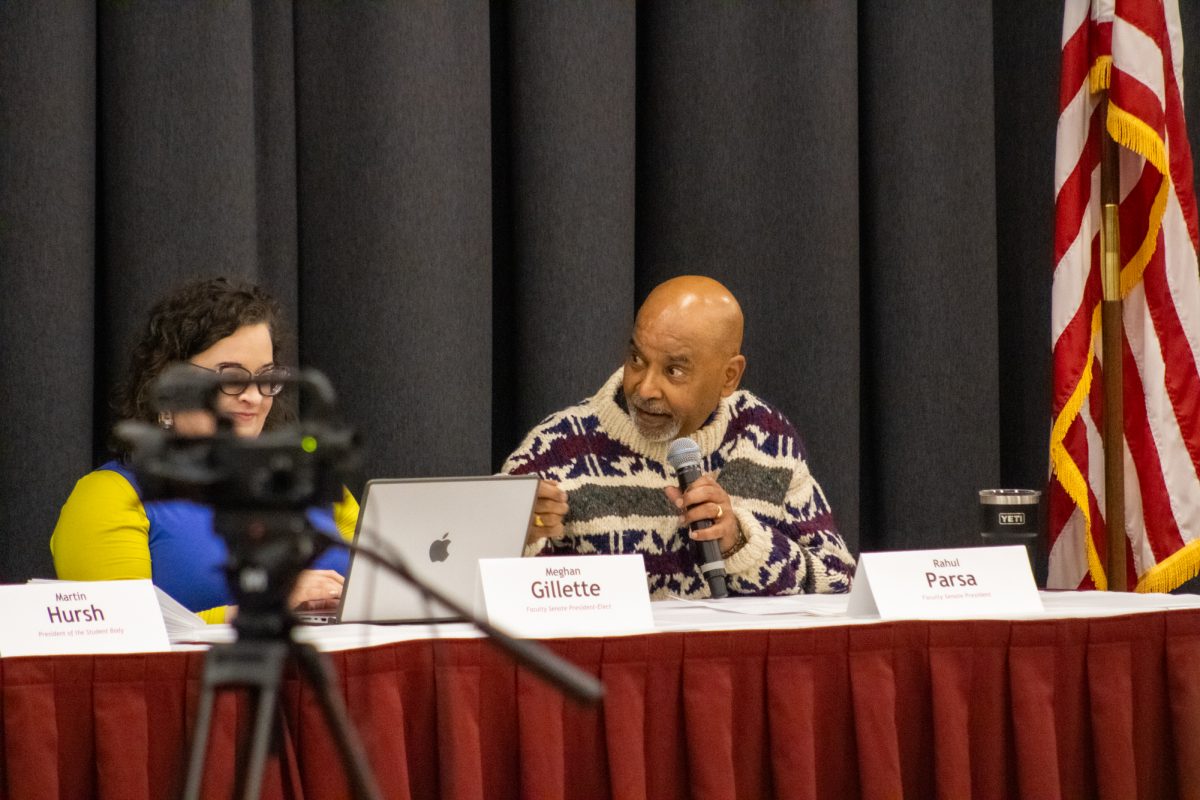Health Inspections
December 8, 2012
Kevin Anderson, the local city sanitarian responsible for conducting health inspections for bars and restaurants retired in 2011. After Anderson retired the Iowa Department of Inspections and Appeals (DIA) took it upon themselves to continue the inspections.
The city of Ames is social and enjoys eating out. As a college town, many students are out every weekend at bars, restaurants, or ordering food to be delivered. Not many are thinking about the possible health risks.
The Iowa Food Code (Iowa Code Chapter 137F) requires that any establishment serving food must be inspected either twice a year or based upon a risk assessment frequency.
Restaurants are one of those that would be inspected based on a risk-based approach due to the amount of people served and the variety of foods. Those establishments more likely to be inspected only twice a year are those with lower risk whom serve pre-packaged foods. An example of those businesses would be convenience stores.
While performing inspections, David Werning, Public Information Officer of Inspections and Appeals, explained the DIA prioritizes establishments that serve food with more potential to cause contamination.
Everything from how food is stored, handled, prepared, and served is reviewed looking for any signs during the process that could possibly cause food-borne illness.
Steven Schainker, City Manager for City of Ames, said “We [City of Ames] were performing the inspection services for the state under contract for them. They decided that they were going to take back that responsibility for themselves. We had no choice. They canceled the contract with the City of Ames.”
At one point it seemed cost effective that local inspectors of cities perform the services. Before the DIA took over, City of Ames was paid to perform inspections that enforced the Iowa Code Chapter 137F required by the standards of the State.
Werning said, “Kevin Anderson performed all inspections at Ames restaurants and bars in compliance with the Food Code requirements. Likewise, the state food inspectors also perform inspections according to our risk-based inspection protocols. Those restaurants that prepare and serve large numbers of meals on a daily basis are inspected more frequently than those where only pre-packed foods are sold.”
The DIA already had resources in Story County conducting inspections except for businesses in the city limits of Ames. The state food inspectors already in the area made it easier for the DIA to continue and expand.
Werning stated, “In general, the most common problems found during inspections include improper holding temperatures (failing to keep hot foods hot and cold foods cold), and failing to keep preparation surfaces clean. These violations are most-often corrected onsite while our food inspector is present.”
The amount of time required for any violation to be repaired depends on the seriousness. As Werning explained, many issues can be fixed while onsite. In those cases, the inspector simply reiterates the proper techniques, and immediately the correction is made. Much of an inspector’s job requires education.
If a violation is found to be more serious, Werning explains a second onsite inspection must verify the issue or the business operator must use a mail-in correction form.
The mail-in form requires the operator to give proof of receipts and statements, for example, that a faulty refrigerator can be corrected from whomever installed or will repair the problem. A refrigerator may take longer to fix.
Since the breakout of roaches in the Sips and Paddy’s bars, the DIA stresses that ongoing pest control is key to a successful establishment. Sips and Paddy’s has addressed the situation, as the DIA requires a building operator to do, and has since then had the bars sprayed. All buildings, especially those that serve food, are encouraged to do adequate checks.
In regards to health issues, Werning said, “Ames is like any other community in the State of Iowa. Health issues related to the preparation, and service of food depends upon the establishment owner or operator. The number of students in the community does not have any real impact on food safety issues.”
Werning does not believe any of the issues found in Ames are detrimental to the health of the residents. Any issues that do not work in compliance with the Food Code will be found in a routine inspection. If complaints are made, the DIA immediately addresses the situation.
“Restaurants are highly reliant upon customer satisfaction and word-of-mouth communications. It’s in a restaurant’s best interest to operate in a safe fashion,” stated Werning.






